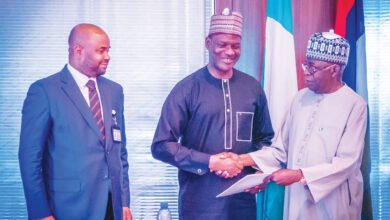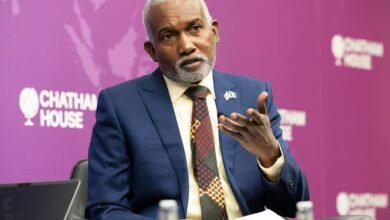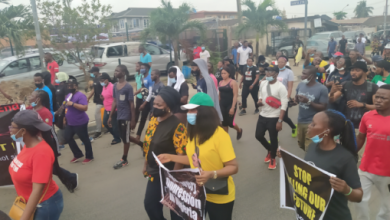
When justice is delayed, it ceases to be justice. Equity demands that justice must not only be done, but done in good time. Time, in many respects, is the currency that gives justice its meaning.
The prolonged delay in the confirmation of Engr. Abdullahi Garba Ramat as Chairman of the Nigerian Electricity Regulatory Commission (NERC) undermines these principles of natural justice and equity. Why? It has been more than four months since President Bola Ahmed Tinubu nominated Engr. Ramat. He has undergone screening by the Senate and, by every legal and professional standard, fulfilled the requirements of the position. Yet, vested interests have kept his confirmation in limbo.
The Senate Committee on Power—after a thorough, transparent, and bipartisan screening—unanimously cleared him. Their report, recommending his confirmation, was duly transmitted to the Senate leadership over a month ago. Accordingly, the Senate Order Paper of October 22 clearly listed his confirmation as an item for deliberation and adoption. For reasons known only to political bad behaviour, that item was abruptly stepped down.
Reasonable Nigerians are now asking essential questions:
1. Can the Senate leadership, by its singular discretion, refuse to present a committee’s report for adoption?
2. Should the personal grievances or political interests of a few individuals override the collective decision of a properly constituted Senate Committee?
Although the law does not specify a strict timeframe within which the Senate must conclude its confirmation process, the principles of fairness and administrative justice require that such processes be concluded within a reasonable period. It is therefore unjust—and indeed inequitable—for Engr. Ramat’s confirmation to be subjected to delay without explanation.
If there are new petitions or complaints, submitted after his screening, the Senate has every right to investigate them thoroughly. But such investigations should not justify an indefinite delay in placing the Committee’s report before the full Senate. Due process does not endorse stagnation.
It is on this note that I call the attention of the Senate to this matter. This respected institution must allow justice to prevail. Its continued silence is no longer golden; it is becoming harmful. The perception it now creates is one of political pettiness tarnishing institutional integrity—an impression made even more troubling by the fact that the Deputy Senate President, Senator Barau Jibrin, who hails from the same state as Engr. Ramat, appears to be presiding over this avoidable embarrassment.
Equity demands action. Justice demands a conclusion. The Senate, and its leadership must do what is right.
Abdullahi Maikano is the curator of the Security Watch Network for Good Governance





